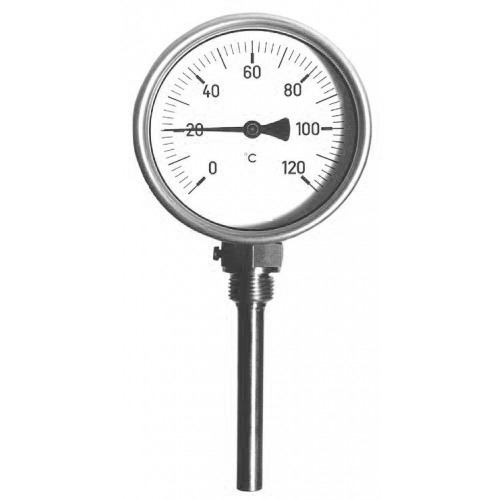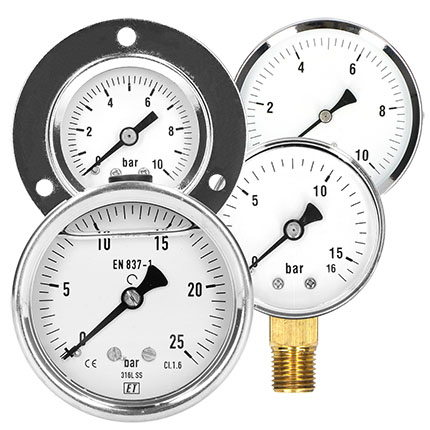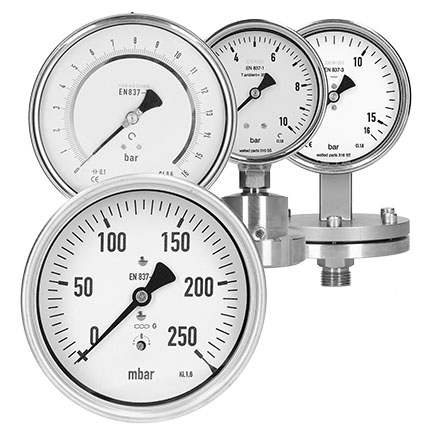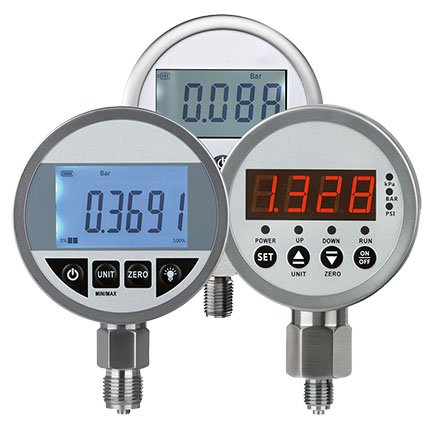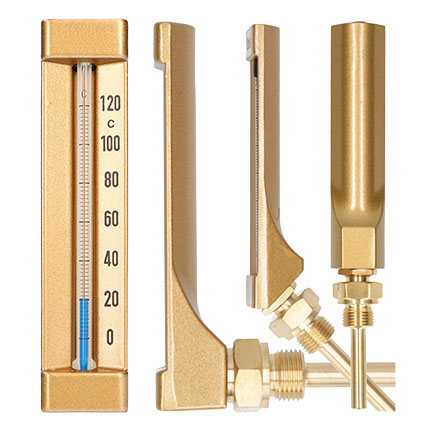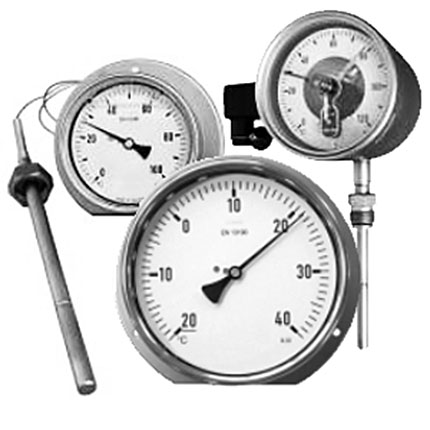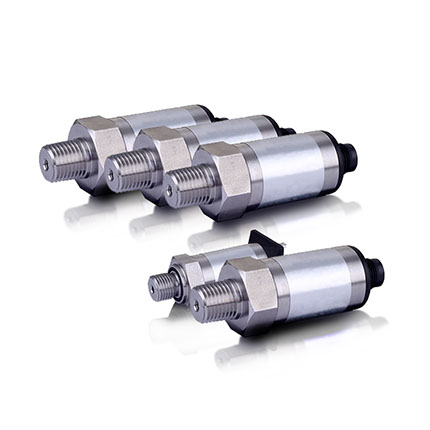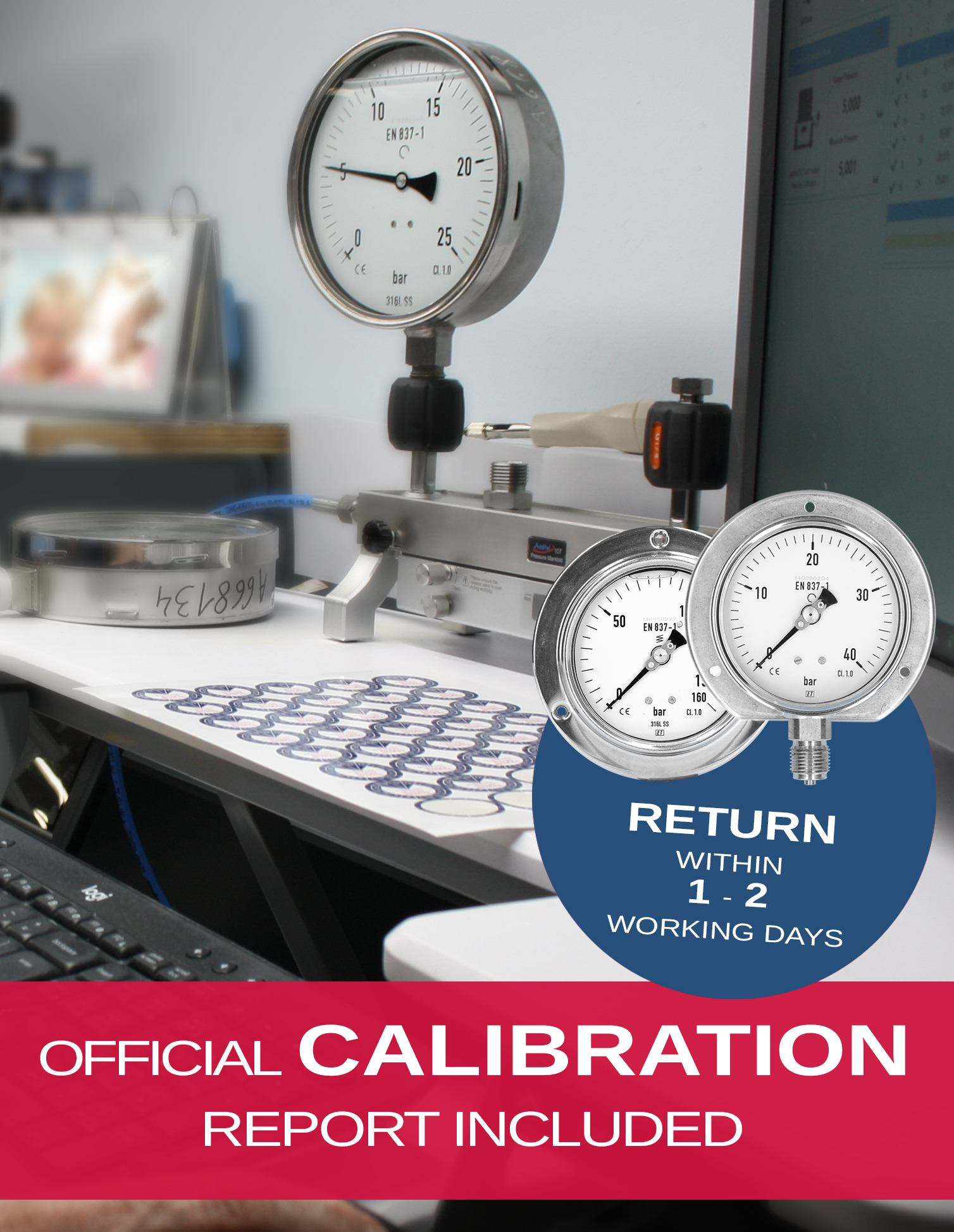Skip to Content
Marie Curiestraat 2, 5491 DD Sint-Oedenrode, The Netherlands | +31(0)413-473037 | [email protected]
Language
 Emvo.com
Emvo.com
 Emvo.com
Emvo.com
-
 dk.emvo.com
dk.emvo.com
-
 no.emvo.com
no.emvo.com
-
 Rotary-vane.com
Rotary-vane.com
-
 se.emvo.com
se.emvo.com
-
 Emvo.nl
Emvo.nl
-
 Pompschoepen.nl
Pompschoepen.nl
-
 Druktransmitters.nl
Druktransmitters.nl
-
 Vacuummeter.nl
Vacuummeter.nl
-
 Digital-manometer.nl
Digital-manometer.nl
-
 Digitalemanometer.nl
Digitalemanometer.nl
-
 Pressure-gauge.eu
Pressure-gauge.eu
-
 Digitalpressuregauge.eu
Digitalpressuregauge.eu
-
 druckmessgerät.com
druckmessgerät.com
-
 Emvo.de
Emvo.de
-
 Bimetallthermometerkaufen.de
Bimetallthermometerkaufen.de
-
 differenzdruckmessgerät.de
differenzdruckmessgerät.de
-
 Digital-manometer.de
Digital-manometer.de
-
 Druckluftmanometer.de
Druckluftmanometer.de
-
 Druckmanometerluft.de
Druckmanometerluft.de
-
 Druckmanometerwasser.de
Druckmanometerwasser.de
-
 Druckmessgerat.de
Druckmessgerat.de
-
 Hydraulikmanometer.de
Hydraulikmanometer.de
-
 Manometer-kaufen.de
Manometer-kaufen.de
-
 Manometerkaufen.de
Manometerkaufen.de
-
 Manometerluft.de
Manometerluft.de
-
 Manometern.de
Manometern.de
-
 Manometerunterdruck.de
Manometerunterdruck.de
-
 Manometerwasser.de
Manometerwasser.de
-
 Manometerwasserdruck.de
Manometerwasserdruck.de
-
 Pumpenlamellen.de
Pumpenlamellen.de
-
 Temperaturmessgerat.de
Temperaturmessgerat.de
-
 Thermometerkaufen.de
Thermometerkaufen.de
-
 Unterdruckmanometer.de
Unterdruckmanometer.de
-
 Wasserdruckmessgerat.de
Wasserdruckmessgerat.de
-
 Emvo.fr
Emvo.fr
-
 Emvo.es
Emvo.es
-
 Emvo.it
Emvo.it
Language
 Emvo.com
Emvo.com
 Emvo.com
Emvo.com
-
 dk.emvo.com
dk.emvo.com
-
 no.emvo.com
no.emvo.com
-
 Rotary-vane.com
Rotary-vane.com
-
 se.emvo.com
se.emvo.com
-
 Emvo.nl
Emvo.nl
-
 Pompschoepen.nl
Pompschoepen.nl
-
 Druktransmitters.nl
Druktransmitters.nl
-
 Vacuummeter.nl
Vacuummeter.nl
-
 Digital-manometer.nl
Digital-manometer.nl
-
 Digitalemanometer.nl
Digitalemanometer.nl
-
 Pressure-gauge.eu
Pressure-gauge.eu
-
 Digitalpressuregauge.eu
Digitalpressuregauge.eu
-
 druckmessgerät.com
druckmessgerät.com
-
 Emvo.de
Emvo.de
-
 Bimetallthermometerkaufen.de
Bimetallthermometerkaufen.de
-
 differenzdruckmessgerät.de
differenzdruckmessgerät.de
-
 Digital-manometer.de
Digital-manometer.de
-
 Druckluftmanometer.de
Druckluftmanometer.de
-
 Druckmanometerluft.de
Druckmanometerluft.de
-
 Druckmanometerwasser.de
Druckmanometerwasser.de
-
 Druckmessgerat.de
Druckmessgerat.de
-
 Hydraulikmanometer.de
Hydraulikmanometer.de
-
 Manometer-kaufen.de
Manometer-kaufen.de
-
 Manometerkaufen.de
Manometerkaufen.de
-
 Manometerluft.de
Manometerluft.de
-
 Manometern.de
Manometern.de
-
 Manometerunterdruck.de
Manometerunterdruck.de
-
 Manometerwasser.de
Manometerwasser.de
-
 Manometerwasserdruck.de
Manometerwasserdruck.de
-
 Pumpenlamellen.de
Pumpenlamellen.de
-
 Temperaturmessgerat.de
Temperaturmessgerat.de
-
 Thermometerkaufen.de
Thermometerkaufen.de
-
 Unterdruckmanometer.de
Unterdruckmanometer.de
-
 Wasserdruckmessgerat.de
Wasserdruckmessgerat.de
-
 Emvo.fr
Emvo.fr
-
 Emvo.es
Emvo.es
-
 Emvo.it
Emvo.it










